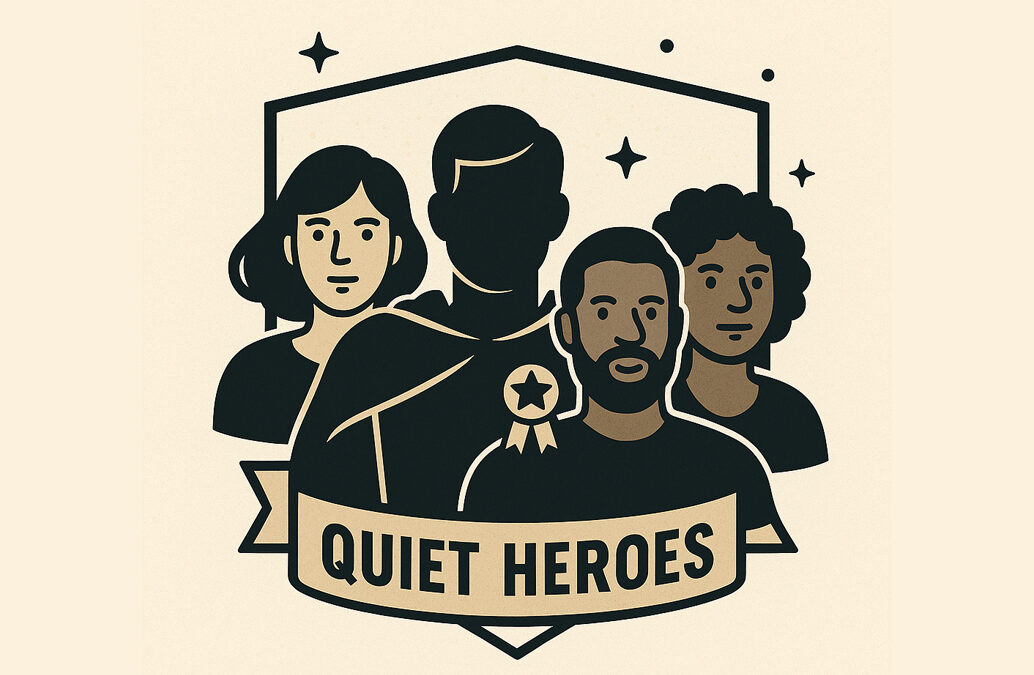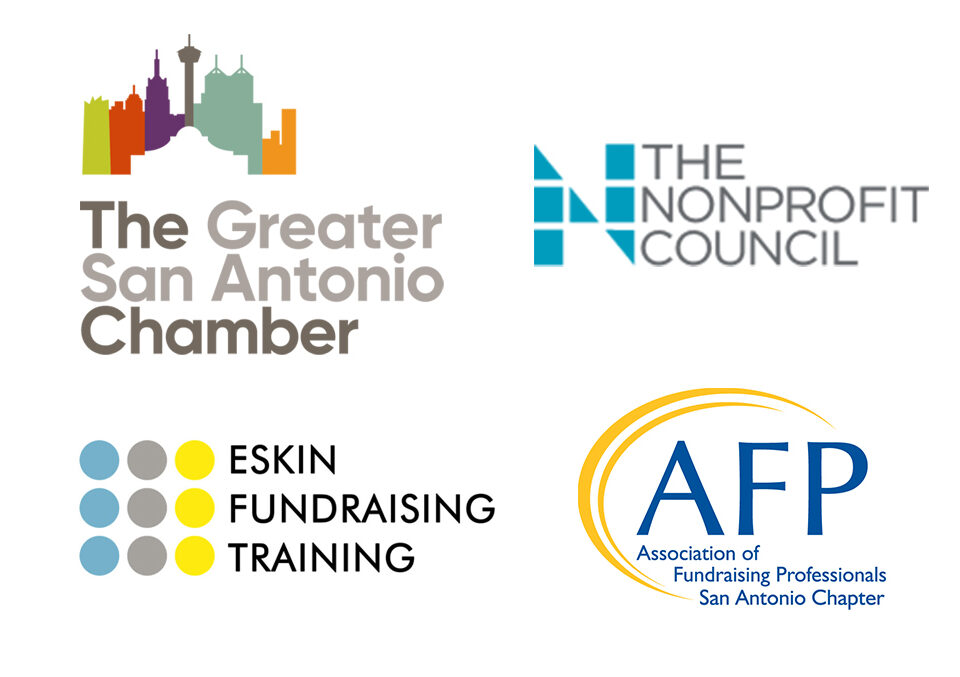
Earlier this month, I had the privilege of spending time in the field with one of my nonprofit clients—a humble, hardworking executive doing life-changing work in a rural mountain community in California. We were making donor visits, presenting the vision of his organization to potential supporters, and sharing his bold case for support. The plan was simple: invite others into the story of lives being changed every single day.
VISIT HERE TO MEET CHRIS SMITH AT MAJOR GIFTS RAMP-UP TENNESSEE
Everywhere we went, he was greeted with genuine warmth and respect. People knew him—not because he was famous, but because he had made himself useful. He had become an indispensable force for good in his community. That respect became even more evident when we were stopped on a street corner by a young woman who had just finished her shift managing a small retail shop. She waved, smiled, and rushed over for a quick embrace and conversation.
What happened next is something I’ll never forget.
This woman, maybe in her late thirties now, turned to me and said, “Seventeen years. I’ve been sober for seventeen years.” Then she pointed to my client and added, “This man saved my life.”
She went on to share about her children—four in total. The oldest is in community college. The youngest had just won an award for perfect attendance. She spoke with the energy of a mom who knows what it means to fight for her kids, and to win. What struck me most, though, was how my client already knew the names of each child. He remembered their unique struggles and triumphs, despite the years that had passed.
As they parted, she hugged him tightly and said three words that still echo in my heart:
“I love you.”
That’s when it hit me. This is what real nonprofit leadership looks like. It’s not about gala dinners or boardroom strategy sessions. It’s about deep, meaningful relationships. It’s about impact you can see in a person’s eyes and hear in their voice. It’s about people.
VISIT HERE TO MEET CHRIS SMITH AT MAJOR GIFTS RAMP-UP TENNESSEE
Earlier that same week, I had challenged a group of my colleagues to look for moments of joy—little signs that maybe, just maybe, the world isn’t going to hell in a handbasket. That moment on the street corner was mine. It stopped me in my tracks. It was grace, incarnate. It was legacy in real time.
My client—like so many nonprofit executives I work with—is probably overworked, underpaid, and stretched thinner than he’ll ever admit. But he presses on, not for a paycheck, but because he believes in people. He sees value in every life, especially the ones the rest of the world might overlook.
Today, his nonprofit provides transitional housing for families experiencing homelessness. One of those families includes a special needs child and her parents, who just months ago were surviving night after night in a broken-down sedan. Another unit houses a young couple with an infant who had no family to turn to and no shelter in sight. These families aren’t just being given a roof—they’re being given a path forward. Case management. Mentorship. Counseling. Employment readiness. A shot at self-sufficiency.
VISIT HERE TO MEET CHRIS SMITH AT MAJOR GIFTS RAMP-UP TENNESSEE
This is the kind of work that changes entire communities.
And this is why I do what I do.
At Major Gifts Ramp-Up, we consider nonprofit executives to be our nation’s unsung heroes. They are the problem-solvers. The healers. The educators. The visionaries. They step into impossible situations with limited resources and still manage to move the needle. Every day they show up and ask the same courageous question: “How can I help?”
It’s a profound privilege to stand beside them—to help them build capacity, raise major gifts, and fulfill the missions that keep our communities afloat. My role is to help unlock the funding they need so their reach can grow, their programs can scale, and more lives can be changed for the better.
Because every time we increase a nonprofit’s capacity, we multiply its impact.
It’s easy to get discouraged in today’s climate. Government funding is shrinking. Regulations are growing. Public trust in institutions is fragile. But there is one constant: the relentless commitment of nonprofit leaders who refuse to quit. And when they’re equipped with the right tools, strategies, and financial resources, miracles happen.
I often imagine what it might look like ten years from now. Another sunny afternoon in that same California mountain town. My friend, now grayer, perhaps a little slower, is walking down the sidewalk. He sees a family across the street. It’s that couple who once lived in their car. The dad, dressed in a mechanic’s uniform, has just gotten off work. Mom waves as she balances a lunchbox and a toddler on her hip.
They cross the street to say hello.
They hug. They laugh. They update him on their child’s first steps and their new apartment. As they part, mom looks back with tears in her eyes and says the same three words:
“I love you.”
That’s the reward of a life well lived.
So, to every nonprofit executive reading this—or those who know one: never underestimate the power of what you do. You are not just administrators. You are not just program directors. You are difference-makers. You carry the weight of your communities on your shoulders, and you do so with grace, grit, and courage.
You are heroes.
And at Major Gifts Ramp-Up, we see you. We honor you. And we exist to support you—so that you can keep changing lives one person, one family, and one community at a time.
VISIT HERE TO MEET CHRIS SMITH AT MAJOR GIFTS RAMP-UP TENNESSEE
The Quiet Heroes Who Save Lives Every Day w Chris Smith was first posted at https://NonprofitConferences.org
For more articles like The Quiet Heroes Who Save Lives Every Day w Chris Smith VISIT HERE



